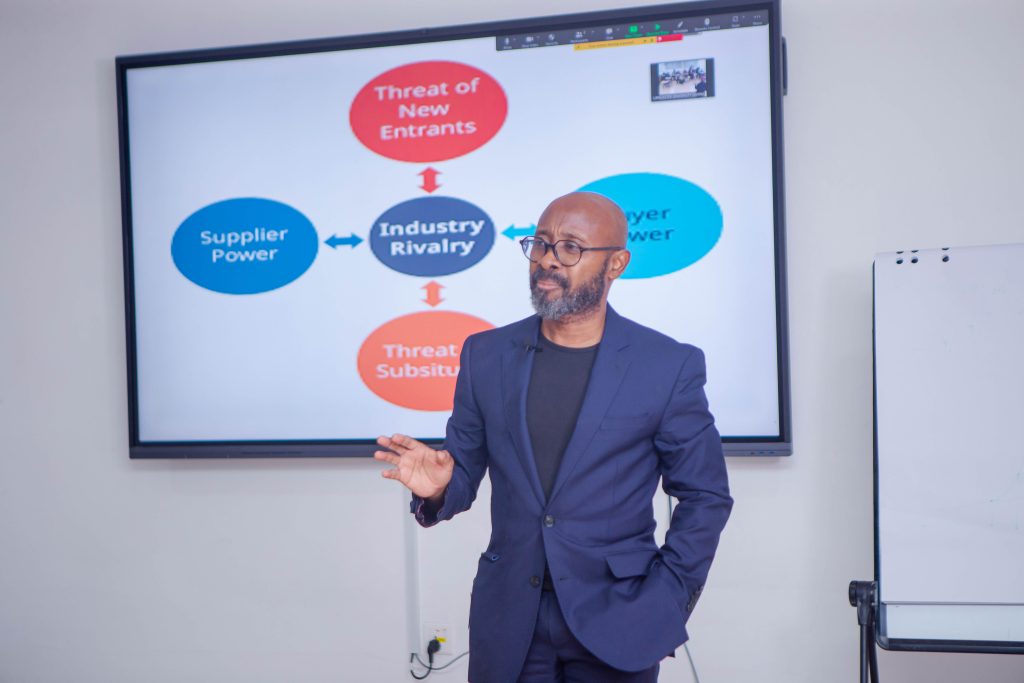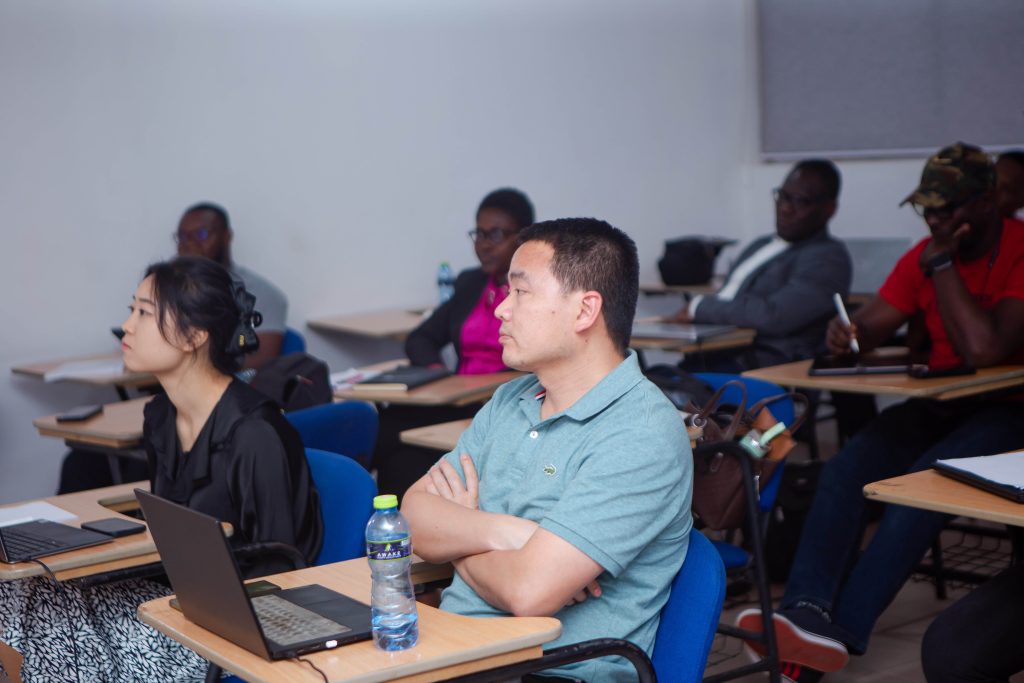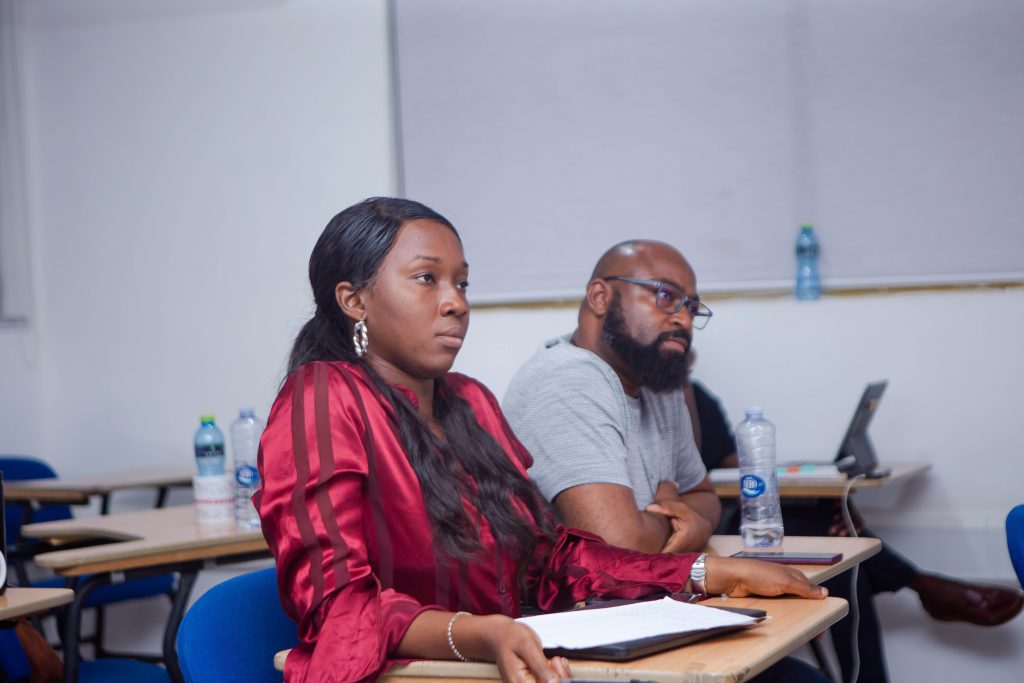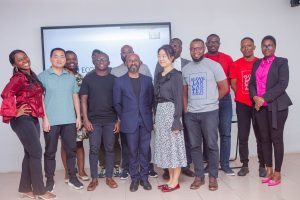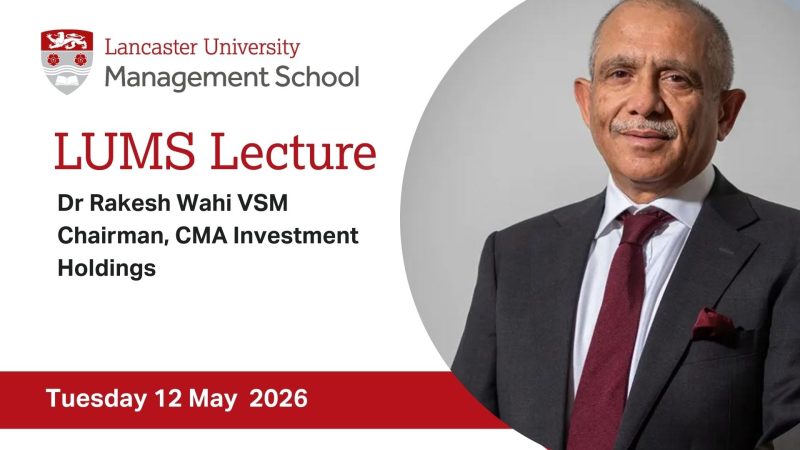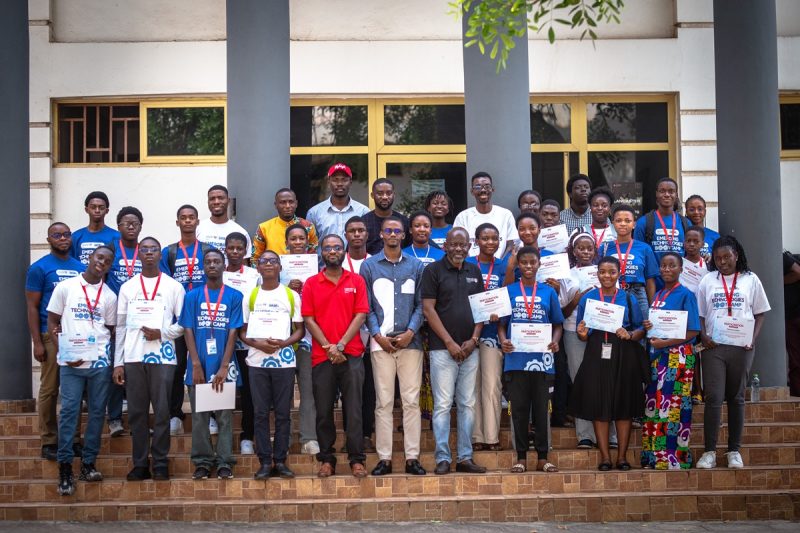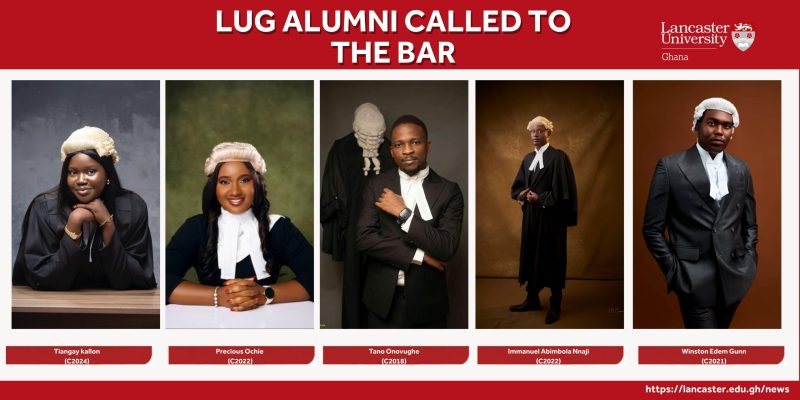On December 1, 2023, Cohort 8 of Lancaster University Ghana’s Executive MBA class delved into a captivating masterclass, offering a profound exploration of the economics module. Led by the esteemed Theodore Albright, this session aimed to provide a practical and insightful understanding of the subject matter.
Theodore Albright initiated the class by challenging the conventional perception of economics as merely the study of resource allocation. Drawing attention to the interplay between limited resources and seemingly insatiable appetites, participants were prompted to engage in metacognition—reflecting on their thinking processes. As Theodore Albright emphasized, the power of leadership lies in the ability to thoughtfully reflect, ensuring that one’s thinking aligns with desired outcomes.
For current and future leaders, the exercise of reflection is not a perfunctory task but a strategic tool for course correction. The discourse on metacognition underlined the significance of critically assessing one’s thinking, particularly in leadership roles.
The Relevance of Economics for Leaders:
Transitioning from metacognition to the broader realm of economics, Theodore Albright articulated a compelling perspective on the role of economics in leadership development. Beyond a means to attain an MBA, the study of economics becomes a catalyst for gaining insights essential for ascending the leadership hierarchy.
Theodore Albright underscored the practical relevance of studying economics. It serves as a tool to answer critical questions pertaining to the value choices made at individual, communal, national, and global levels. The mastery of economics is not just an academic pursuit but a strategic imperative for leaders navigating complex decision-making landscapes.
“Economics matters because it helps us to answer critical questions about the value choices we need to make individually, communally, nationally, and globally.”
